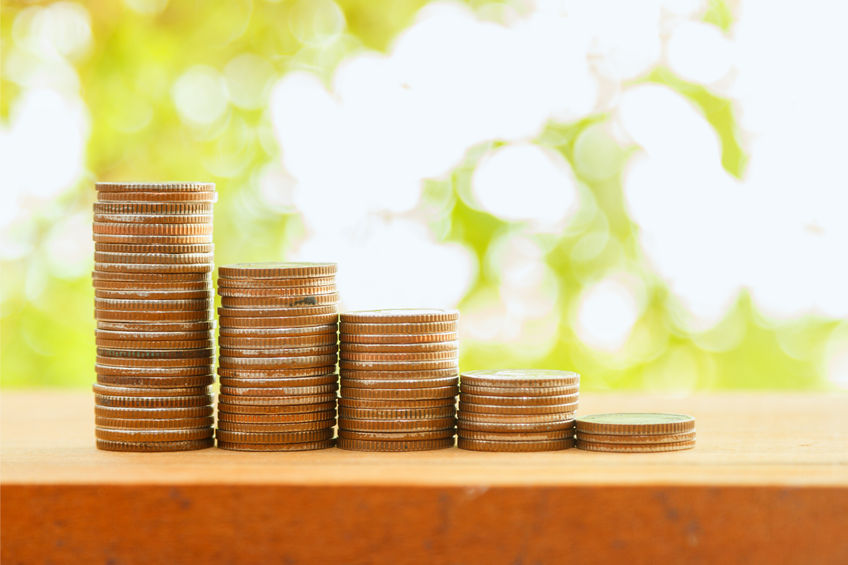Proposed SST ‘more or less similar’ to what was previously implemented, say analysts

KUALA LUMPUR (July 21): The proposed and impending Sales and Services Tax (SST) is more or less similar to what was previously implemented, but with some changes, tax analysts told The Edge recently.
Set to come into effect on Sept 1, the proposed sales tax rates are 5% and 10% while the service tax rate is 6% -- similar to the previous SST regime.
The Edge wrote that: “One of the things that stands out in the proposed framework is the standardised registration threshold of RM500,000. Under the proposed sales tax model, a person who manufactures taxable goods is liable to register for sales tax if he reaches a sales threshold of RM500,000 over a 12-month period... Previously, the threshold for sales tax was generally at RM100,000 while service tax was deferred, depending on what service was being provided.”
Axcelasia Inc chairman Dr Veerinderjeet Singh told the weekly that the facility to file the sales tax and service tax and apply for exemptions electronically promotes efficiency.
“We welcome the opportunity to cut out face-to-face dealing with the authorities because it can help take away the element of corruption that could occur,” he said.
Deloitte Malaysia’s Senthuran Elalingam told The Edge that businesses will appreciate the fact that electronic filing will continue under the new SST.
Senthuran also said that the scope is “definitely broader” than the previous sales tax and service tax.
Meanwhile, an accountant says returning to the SST is “akin to foregoing mechanisms for risk control and in some ways, also forgoing anti-profiteering control mechanisms”.
“The SST system tends to have a cascading cost effect whereas under GST (Goods and Services Tax), it is prevented through the system that allows for businesses to claim input tax.
“Everyone is now moving towards a multi-stage tax and here we are moving back to the single-stage tax. My view is that we shouldn’t throw out the baby with the bathwater,” he told The Edge.
On another aspect of the SST, professor of economics at Sunway University Business School Dr Yeah Kim Leng told The Edge that that lower inflation could ensue because of the SST’s narrower coverage of the Consumer Price Index (CPI) basket compared with the GST.
He expected the CPI to be around 1% or lower from now until May 2019, mainly owing to the tax holiday between June and August this year, and the lower impact of SST on inflation.
In a July 20 report, CIMB Research economists Michelle Chia and Lim Yee Ping retained their inflation forecast of 1.3% in 2018, which assumes the reintroduction of SST.
“Households are the clear winners in this trade-off, receiving additional disposable income through reduced tax collection,” they wrote.
Never miss out
Sign up to get breaking news, unique insights, event invites and more from EdgeProp.
Latest publications
Malaysia's Most
Loved Property App
The only property app you need. More than 200,000 sale/rent listings and daily property news.
